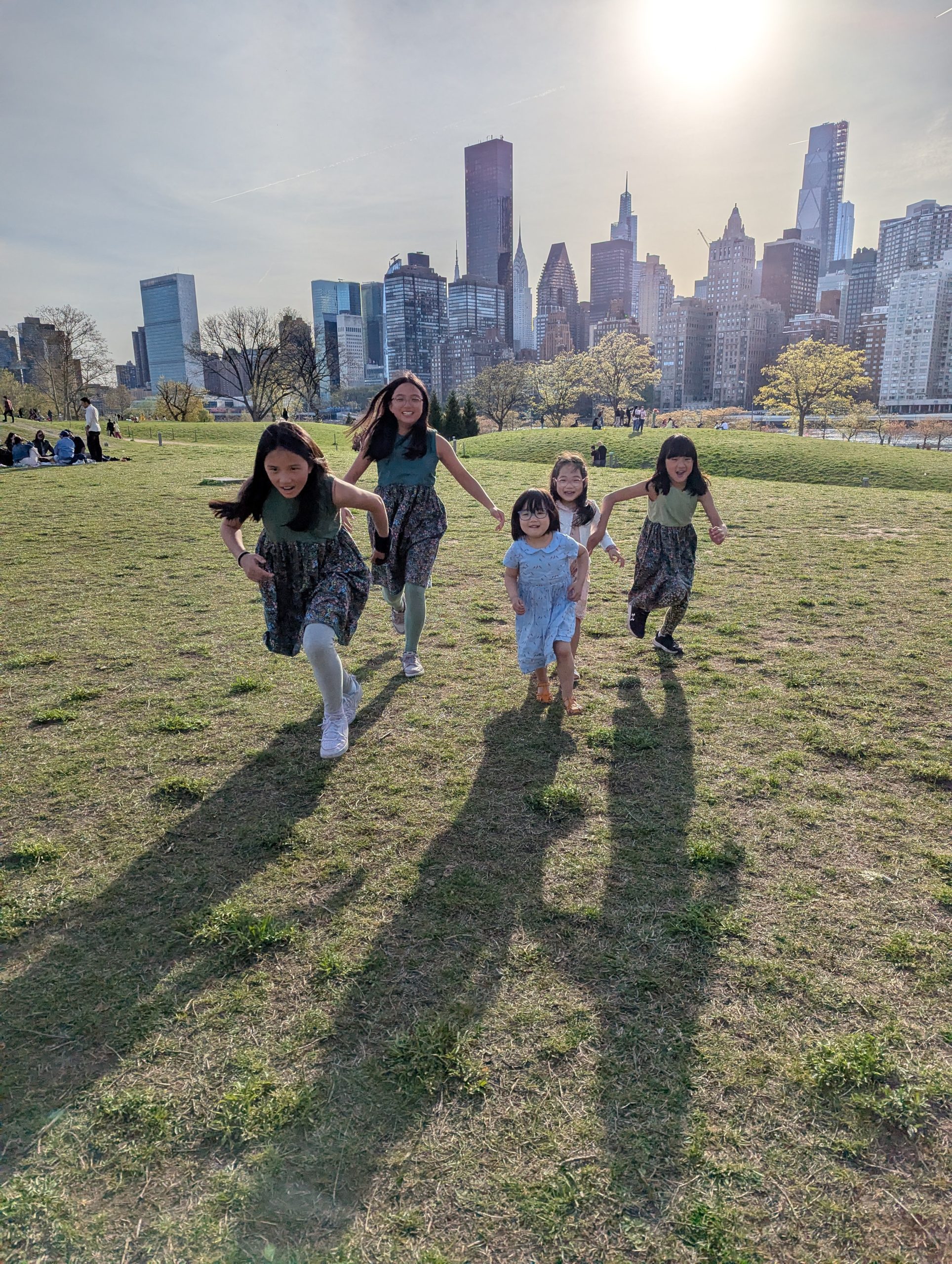It’s Easter Monday. The lead up to Easter this year was a bit different because I was away with friends and family having an adventure in Utah. We went to Moab and visited Arches National Park, Dead Horse Point State Park, and Canyonlands National Park, then skied for a few days — our first time in the Rockies — and finally spent some days in SLC. Here’s a few photos and then I’ll add some thoughts on Easter afterward:




















present in a different space.
There was a part of me that wished I could have participated in my church’s Holy Week gatherings; the pastor in me really longs to be immersed in the story of the cross and resurrection with a faith community. But I also wanted to be present where I was with friends who share the faith but are in different places with our faith than where we were when we first met as college students. What I noticed is that faith was still there, but it was not something we needed to parade around. It showed up in the ways we spoke to one another and dealt with conflicts. The name of ‘Jesus’ wasn’t explicit but the way of Jesus was implicit in our actions and conversations. Even in a brief visit to political topics and the church’s complicity in the current state of affairs didn’t result in church bashing or the blame game. It came out as “staying where we are as a form of protest.” That even if we live in messy and confusing times where things aren’t ever what they seem and the future seems very uncertain, we’re hoping to stay and make an impact where we are. The way of Jesus playing out in life meant that we stay and embody Jesus in our immediate spheres of influence. This is what being a “little Christ” — a Christian — means: we stay and work for the good of those around us (even if they don’t like us!)
thinking about… atonement.
A big part of my faith re-working as of late centers around how I articulate the meaning of the cross. Multiple times during this past Lenten season, I was asked, “Why did Jesus have to die?” and I had to pause. The standard answers of bearing the weight of our sin and being a sacrifice didn’t quite cut it. Those answers, while having biblical warrant (though being able to quote biblical references is having less weight as of late), didn’t connect with people. It wasn’t answering the questions people were asking.
So… Why did Jesus have to die?
I got this question first from a child and then in subsequent weeks from different adults. The answer that I’ve found most helpful — for myself and for others — is that the cross of Jesus shows us the extent of God’s love for us; that he will be with us through everything — even death. There’s nothing that could separate us from his love. But couldn’t God have done it — could God not have drawn us to himself without the cross? Could he overcome sin and death without this bloody messiness? Why did he have to subject himself to the cross? And this led me to consider a passing comment at his baptism.
When Jesus came to John to be baptized in the Jordan, John responded to the Jesus the same way we see the cross — it doesn’t seem right or necessary. In Matthew 3:14-15, it says, “John would have prevented him [Jesus], saying, ‘I need to be baptized by you, and do you come to me?’ But Jesus answered him, ‘Let it be so now, for it is proper for us in this way to fulfill all righteousness.’” I think Jesus submitted himself to baptism to, again, be with us. Did baptism have any real effect on the righteous and holy one? Does he become more righteous or more holy? Righteousness, as I’ve written about elsewhere, is being in right relationship with God and others. Baptism, like the cross, is his way of demonstrating his relationship to us. His righteousness isn’t increased, it is upheld through his baptism by showing his Emmanuel-ness — his with-us-ness. Without the cross, God’s promise of love would lack demonstrable proof.
the other side of easter
Now that Easter has come, aside from eating meat again, I’m thinking about how faith can play out in real life. There’s a member of my Wednesday discussion group that is always so present. Yes, the things going on in politics and government affect her and her family but almost all of her reflections on life center around being a good neighbor and being there for friends and family. I don’t think I’ve had a conversation with her about doctrine where I’ve quoted chapter and verse or got into the weeds of theological perspectives, but I find her faith refreshing. She bears good fruit; her faith is alive. While I am the seminary educated member of the group, I’m learning from her practice of Christ-likeness — her with-us-ness — as she is present in the neighborhood.

